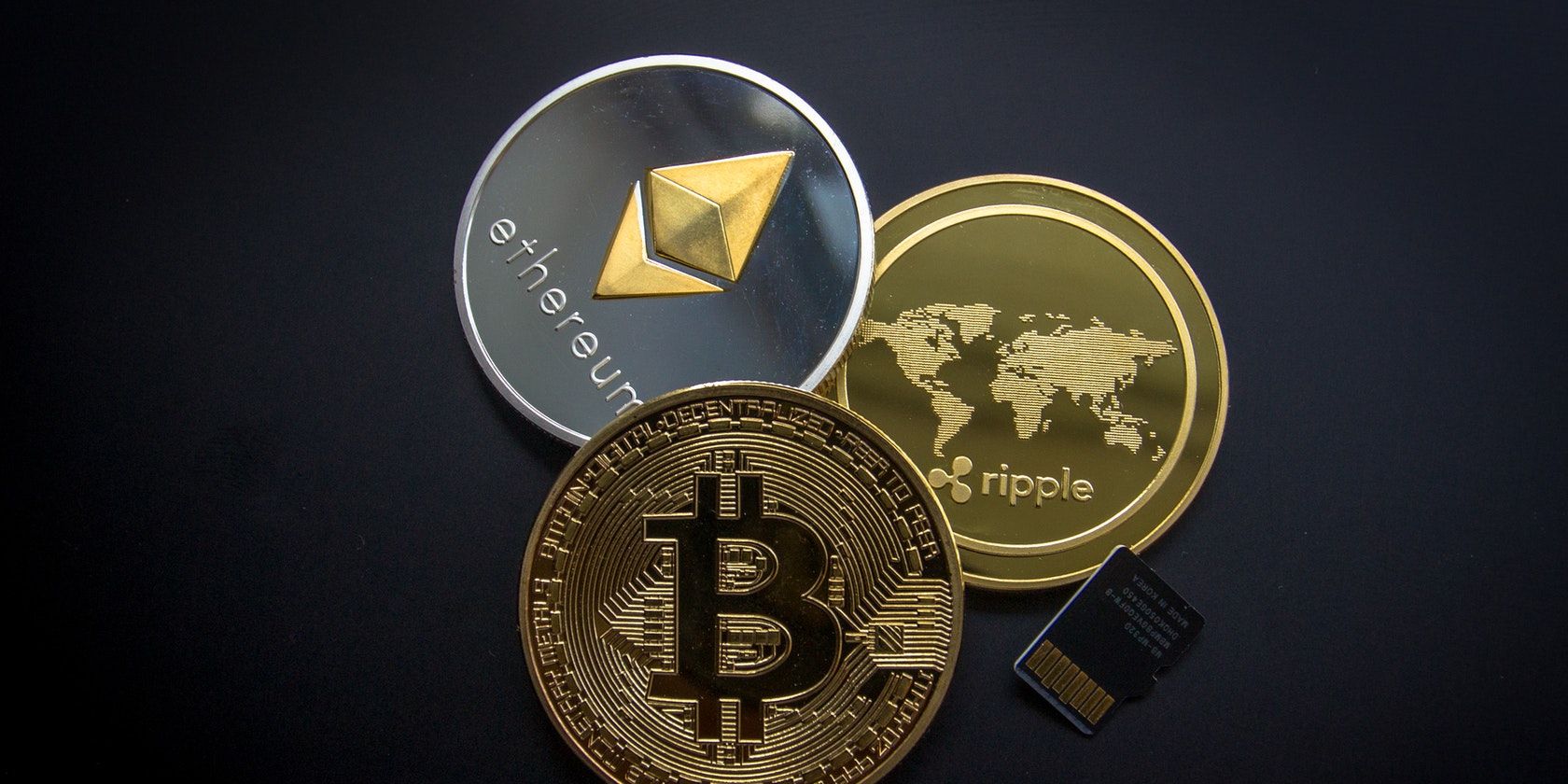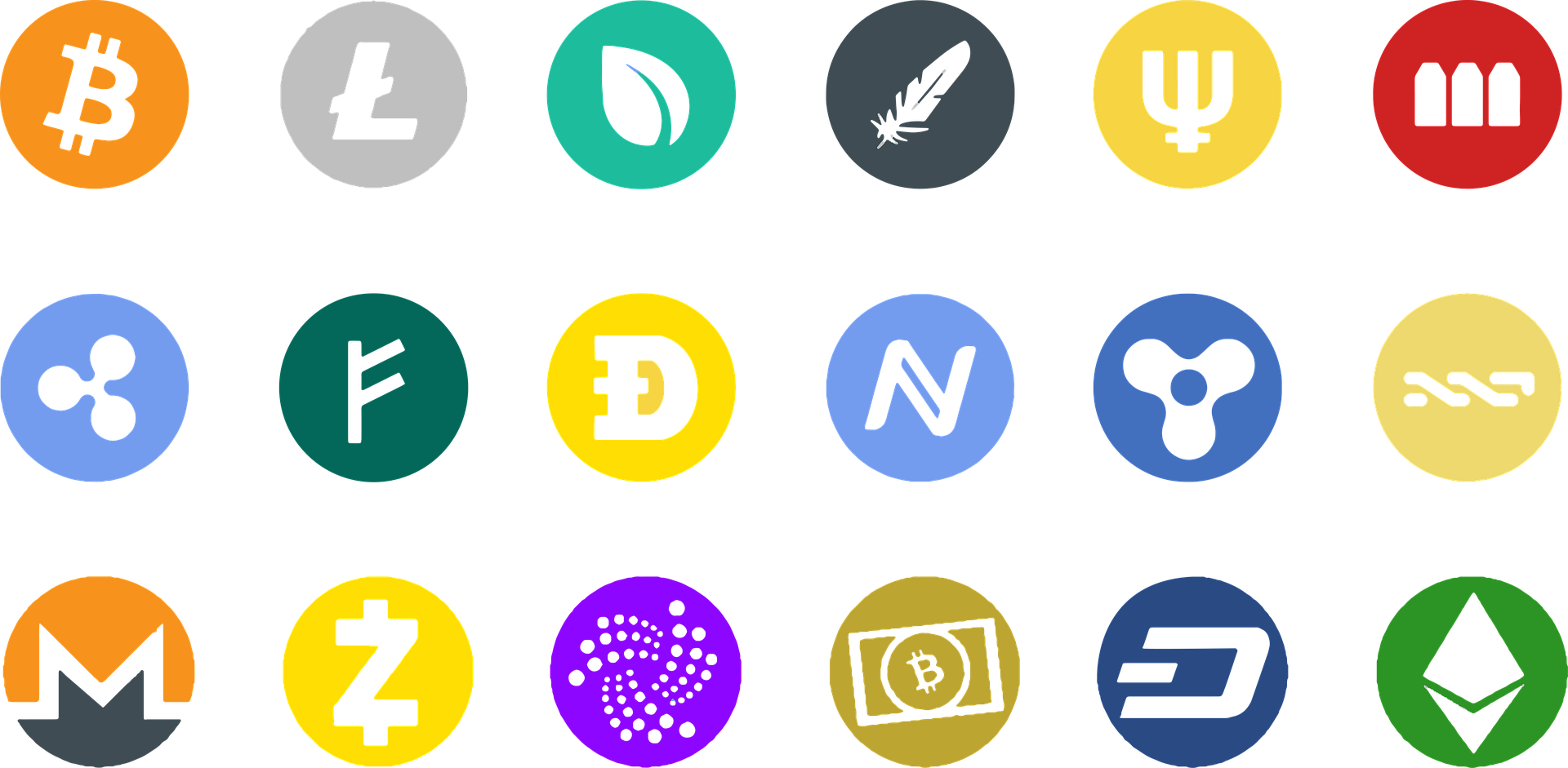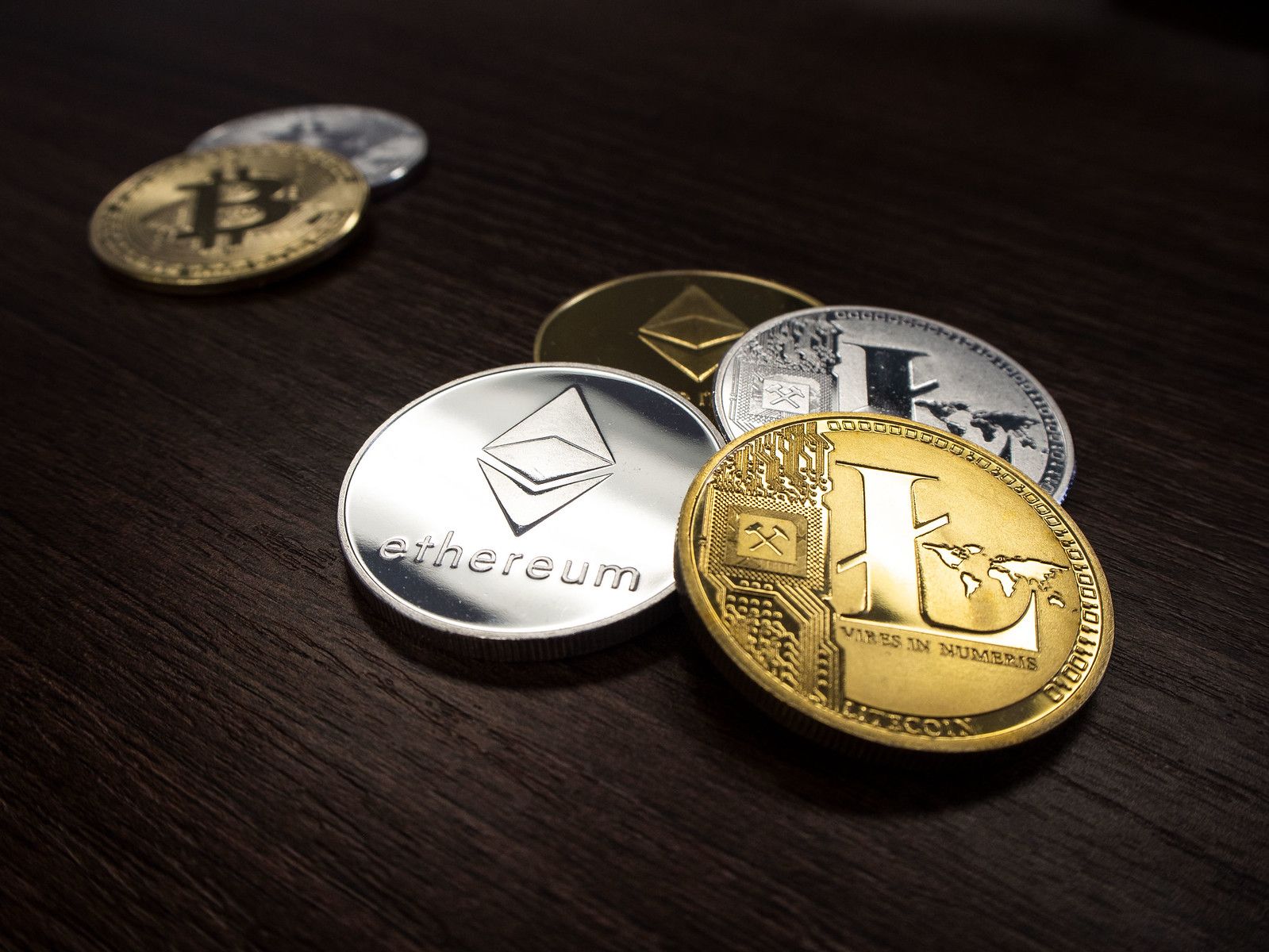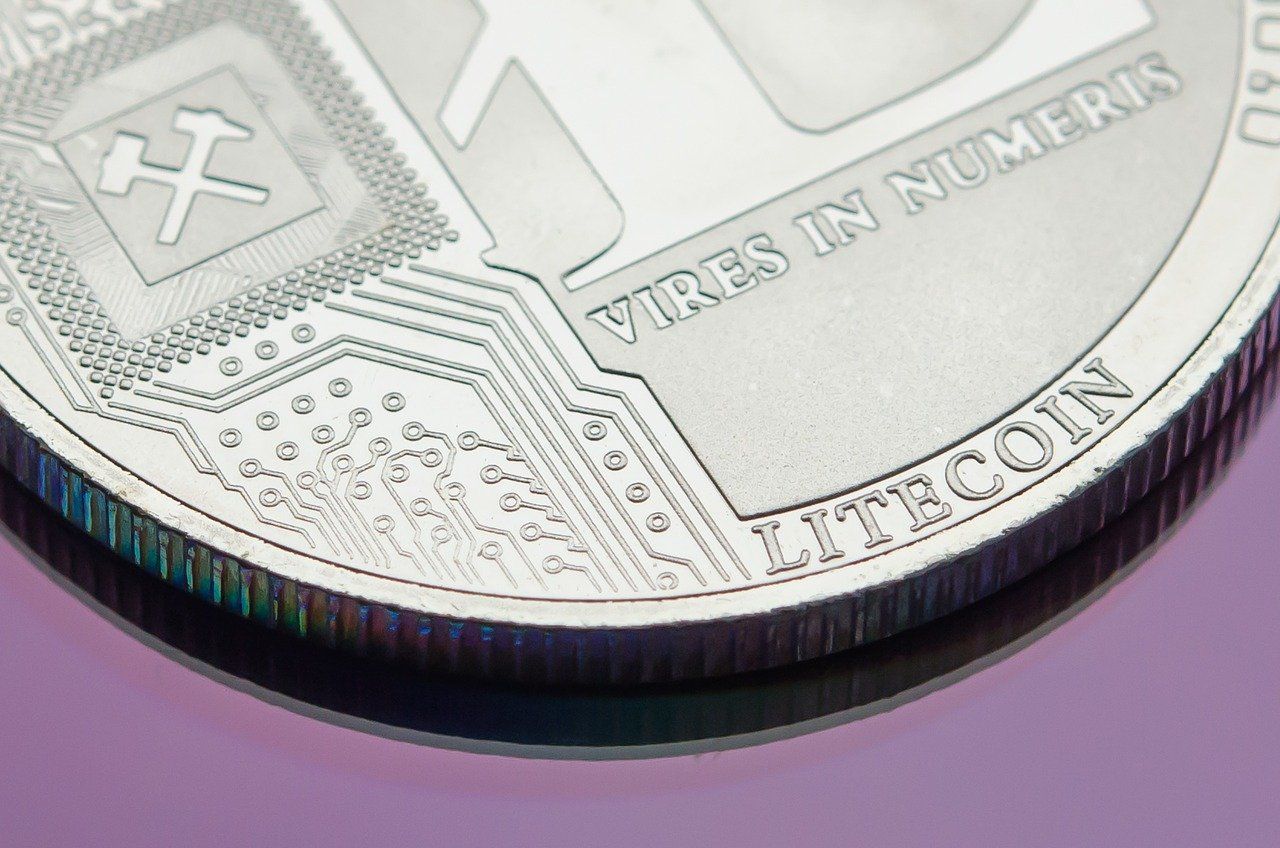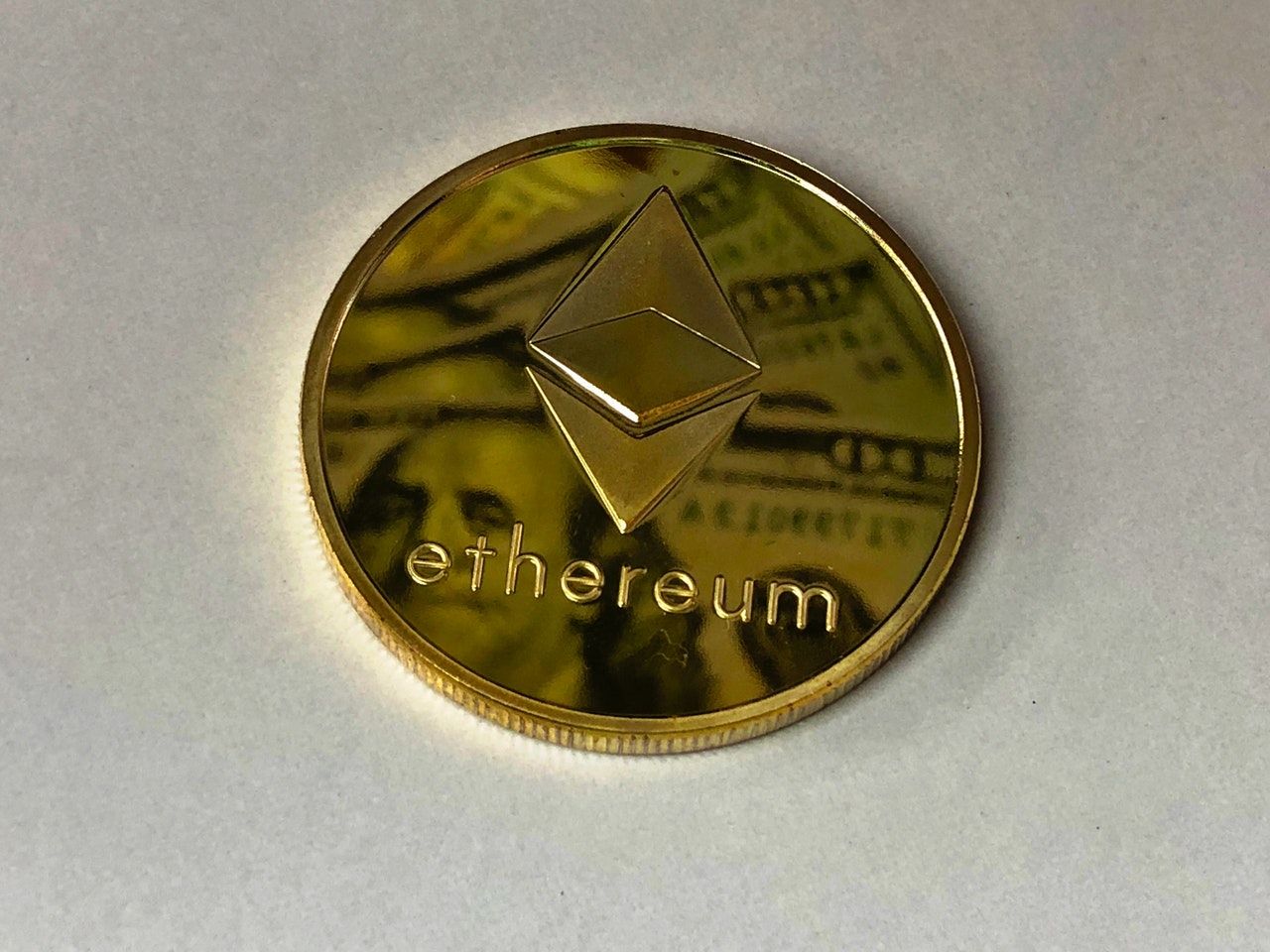As cryptocurrencies continue to take off in both tech and finance, every now and then new altcoins are launched to compete with Bitcoin in the cryptocurrency market.
But what is an altcoin, and how does it compare to a mainstream cryptocurrency such as Bitcoin?
What Is An Altcoin?
The “alt” in altcoin means “alternative.” In very simple terms, an altcoin refers to any cryptocurrency that is not Bitcoin. As with a regular crypto, altcoins use blockchain technology in its transactions.
The number of altcoins in the market is unclear: some reports say that there are as many as 5,000 altcoins in existence. Regardless, what we do know is that these altcoins make up approximately 40 percent of the cryptocurrency market.
How Do Altcoins Work?
Altcoins are pretty much identical to Bitcoins in terms of technology. As cryptocurrencies, they use blockchain technology, form part of a decentralized network, and are transferable from one crypto wallet to another.
However, in terms of energy consumption, many altcoins use less energy compared to Bitcoin. For example, Litecoin, one of the more well-known altcoins, records a per-transaction energy efficiency of 18.5 kilowatt-hour (KWh), whereas Bitcoin needs 707 KWh.
Bitcoin, the most successful cryptocurrency, comes at a heavy environmental cost.
An altcoin that is no longer popular and is no longer favoured by investors is called a “shitcoin”. This term can also refer to altcoins that serve no particular purpose, and lacks the proper security technology required by cryptocurrencies.
Pros and Cons of Altcoins
Altcoins generally aim to address the technological shortcomings of Bitcoin.
Certain altcoins are built for specific purposes in different sectors, such as Enterprise Ethereum, which is used in real estate, healthcare, logistics, and transportation. Transaction fees for altcoins are also comparatively lower compared to Bitcoin, though this is dependent on network usage.
In the investment world, the existence of hundreds of altcoins in the cryptocurrency market also means that they are able to counter the dominance of Bitcoin and contribute to market competition.
Moreover, many people invest in altcoins to diversify their investment portfolio, and a lot of investors view altcoins as safety nets to fall back on in case Bitcoin loses its value one day.
Despite the edge that they have as niche cryptocurrencies, altcoins do have their disadvantages. Due to the niche status of many altcoins, they are extremely volatile and risky investments. The lack of infrastructure behind some altcoins also means that anyone who trades with altcoins are more vulnerable to scams.
To address the volatility issues, another class of cryptocurrency evolved: stablecoins. The value of a stablecoin is pegged to a real world asset, like US dollars or gold, and most issue new currency at a 1:1 ratio.
Examples of Altcoins
There are thousands of altcoins in existence. Here are some more well-known ones.
- Ethereum: The most popular alternative to Bitcoin, Ethereum is used to “codify, decentralize, secure, and trade just about anything.” To give you an idea of how popular Ethereum is, the crypto is on Microsoft Azure as a Blockchain-as-a-Service offering.
- Litecoin: Litecoin was released on GitHub as an open-source software project by Charlie Lee, an ex-Google employee. Litecoin is known for its fast block process time, capable of processing a block every 2.5 minutes compared to Bitcoin’s ten minutes.
- Cardano: Cardano is a decentralized proof-of-stake blockchain with strong foundations in smart contracts and decentralized applications (dapps), with applications in identity management and tracibility.
What's Your Favorite Altcoin?
The abundance of altcoins show that the cryptocurrency market is very much alive and in demand, and there is more to crypto than Bitcoin. Before you decide to invest in altcoins, make sure you conduct proper due diligence, because like any investment, altcoins pose a significant risk.

